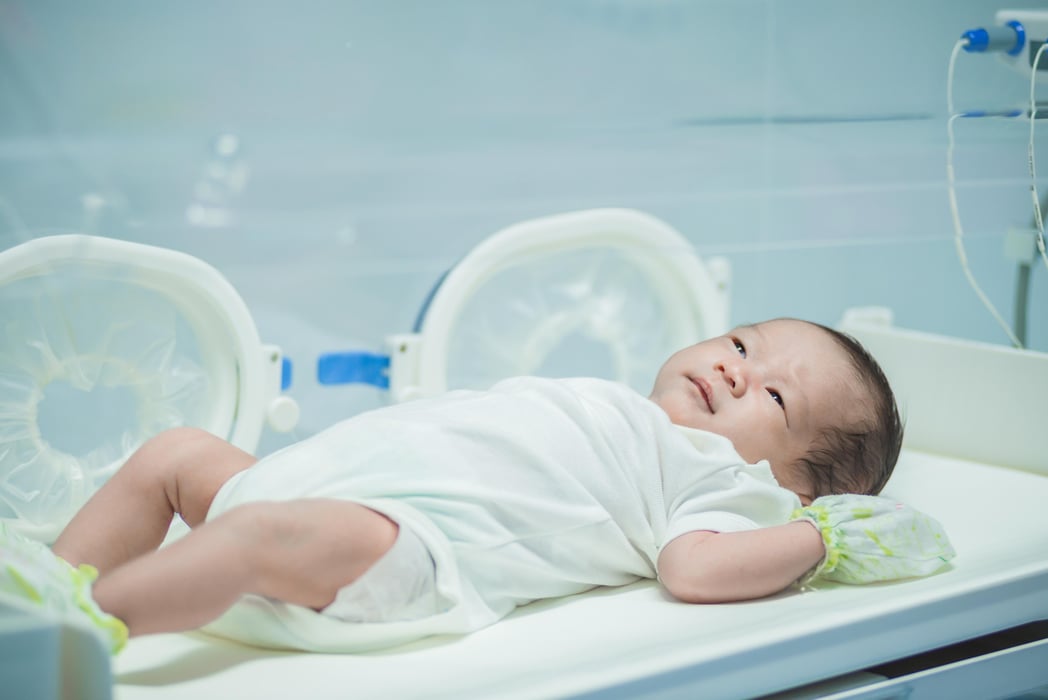No Increased Cancer Risk Found for Children Born After Use of ART

TUESDAY, Sept. 6, 2022 (HealthDay News) -- Children born after use of assisted reproduction technology (ART) do not have an increased risk for any cancer, but those born after frozen-thawed embryo transfer (FET) have an increased risk for childhood cancer, according to a study published online Sept. 1 in PLOS Medicine.
Nona Sargisian, from Sahlgrenska University Hospital in Gothenburg, Sweden, and colleagues conducted a registry-based cohort study using data from Denmark, Finland, Norway, and Sweden involving 7,944,248 children, of whom 2.2 percent were born after use of ART. The rates of any cancer and specific cancer groups were assessed for children born after each conception method.
The researchers found that after a mean follow-up of 9.9 and 12.5 years, the incidence rate of cancer before age 18 years was 19.3 and 16.7 per 100,000 person-years for children born after ART and spontaneous conception, respectively (adjusted hazard ratio, 1.08; 95 percent confidence interval, 0.96 to 1.21; P = 0.18). Children born after FET had an increased cancer risk compared with fresh embryo transfer and spontaneous conception (adjusted hazard ratios, 1.59 [95 percent confidence interval, 1.15 to 2.20; P = 0.005] and 1.65 [95 percent confidence interval, 1.24 to 2.19; P = 0.001], respectively). The association was marginally attenuated after adjustment for macrosomia, birth weight, or major birth defects. There were higher risks observed for epithelial tumors and melanoma after any ART and of leukemia after FET.
"Although the absolute risk is low, these findings are important considering the increasing use of the freeze-all strategy," the authors write.
Related Posts
Smoking Rates Drop for Americans Battling Depression, Substance Abuse
WEDNESDAY, April 27, 2022 (HealthDay News) -- Folks who struggle with depression...
Maternal Opioids After Delivery Not Linked to Adverse Infant Outcomes
FRIDAY, March 24, 2023 (HealthDay News) -- Maternal opioid prescription after...
More Steps Per Day May Cut Risk for Incident Diabetes in Seniors
THURSDAY, Jan. 27, 2022 (HealthDay News) -- More steps per day are associated...
Most Americans With Medical Debt Owe Money to Hospitals
TUESDAY, March 14, 2023 (HealthDay News) -- When Americans have medical debt,...
